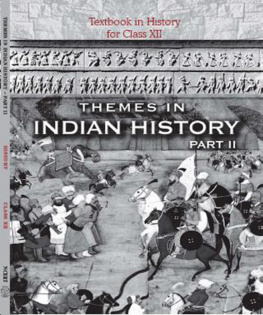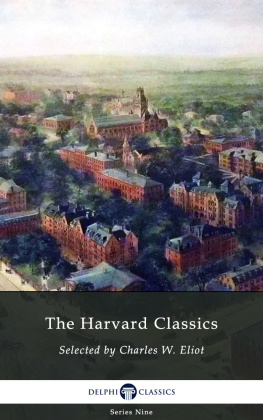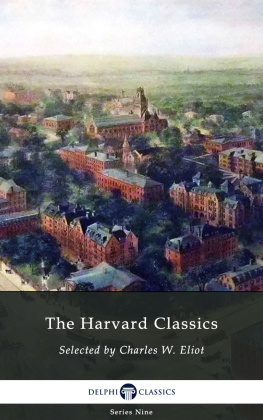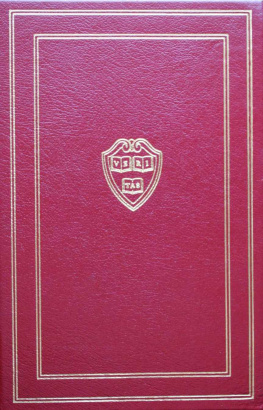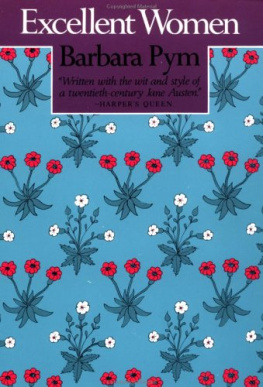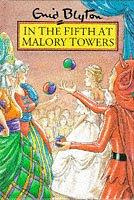THE CHRONICLES OF FROISSART
By
Jean Froissart
HISTORICAL NARRATIVE OF MANY OF THE BATTLES OF THE HUNDRED YEAR'S WAR BETWEEN ENGLAND AND FRANCE.
INTRODUCTORY NOTE
Jean Froissart, the most representative of the chroniclers of the later Middle Ages, was born at Valenciennes in 1337. The Chronicle which, more than his poetry, has kept his fame alive, was undertaken when he was only twenty; the first book was written in its earliest form by 1369; and he kept revising and enlarging the work to the end of his life. In 1361 he went to England, entered the Church, and attached himself to Queen Philippa of Hainault, the wife of Edward III, who made him her secretary and clerk of her chapel. Much of his life was spent in travel. He went to France with the Black Prince, and to Italy with the Duke of Clarence. He saw fighting on the Scottish border, visited Holland, Savoy, and Provence, returning at intervals to Paris and London. He was Vicar of Estinnes-au-Mont, Canon of Chimay, and chaplain to the Comte de Blois; but the Church to him was rather a source of revenue than a religious calling. He finally settled down in his native town, where he died about 1410.
Froissart's wandering life points to one of the most prominent of his characteristics as a historian. Uncritical and often inconsistent as he is, his mistakes are not due to partisanship, for he is extraordinarily cosmopolitan. The Germans he dislikes as unchivalrous; but though his life lay in the period of the Hundred Years' War between England and France, and though he describes many of the events of that war, he is as friendly to England as to France.
By birth Froissart belonged to the bourgeoisie, but his tastes and associations made him an aristocrat. Glimpses of the sufferings which the lower classes underwent in the wars of his time appear in his pages, but they are given incidentally and without sympathy. His interests are all in the somewhat degenerate chivalry of his age, in the splendor of courts, the pomp and circumstance of war, in tourneys, and in pageantry. Full of the love of adventure, he would travel across half of Europe to see a gallant feat of arms, a coronation, a royal marriage. Strength and courage and loyalty were the virtues he loved; cowardice and petty greed he hated. Cruelty and injustice could not dim for him the brilliance of the careers of those brigand lords who were his friends and patrons.
The material for the earlier part of his Chronicles he took largely from his predecessor and model, Jean Lebel; the later books are filled with narratives of what he saw with his own eyes, or gathered from the lips of men who had themselves been part of what they told. This fact, along with his mastery of a style which is always vivacious if sometimes diffuse, accounts for the vividness and picturesqueness of his work. The pageant of medieval life in court and camp dazzled and delighted him, and it is as a pageant that we see the Middle Ages in his book.
Froissart holds a distinguished place among the poets as well as the historians of his century. He wrote chiefly in the allegorical style then in vogue; and his poems, though cast in a mold no longer in fashion, are fresh and full of color, and were found worthy of imitation by Geoffrey Chaucer.
But it is as the supreme chronicler of the later age of chivalry that he lives. "God has been gracious enough" he writes, "to permit me to visit the courts and palaces of kings, and all the nobles, kings, dukes, counts, barons, and knights, belonging to all nations, have been kind to me, have listened to me, willingly received me, and proved very useful to me. Wherever I went I enquired of old knights and squires who had shared in deeds of arms, and could speak with authority concerning them, and also spoke with heralds in order to verify and corroborate all that was told me. In this way I gathered noble facts for my history, and as long as I live, I shall, by the grace of God, continue to do this, for the more I labour at this the more pleasure I have, and I trust that the gentle knight who loves arms will be nourished on such noble fare, and accomplish still more."
THE CAMPAIGN OF CRECY
HOW THE KING OF ENGLAND CAME OVER THE SEA AGAIN, TO RESCUE THEM IN AIGUILLON
The king of England, who had heard how his men were sore constrained in the castle of Aiguillon, then he thought to go over the sea into Gascoyne with a great army. There he made his provision and sent for men all about his realm and in other places, where he thought to speed for his money. In the same season the lord Godfrey of Harcourt came into England, who was banished out of France: he was well received with the king and retained to be about him, and had fair lands assigned him in England to maintain his degree. Then the king caused a great navy of ships to be ready in the haven of Hampton, and caused all manner of men of war to draw thither. About the feast of Saint John Baptist the year of our Lord God MCCCXLVI., the king departed from the queen and left her in the guiding of the earl of Kent his cousin; and he stablished the lord Percy and the lord Nevill to be wardens of his realm with (the archbishop of Canterbury,) the archbishop of York, the bishop of Lincoln and the bishop of Durham; for he never voided his realm but that he left ever enough at home to keep and defend the realm, if need were. Then the king rode to Hampton and there tarried for wind: then he entered into his ship and the prince of Wales with him, and the lord Godfrey of Harcourt, and all other lords, earls, barons and knights, with all their companies. They were in number a four thousand men of arms and ten thousand archers, beside Irishmen and Welshmen that followed the host afoot.
Now I shall name you certain of the lords that went over with king Edward in that journey. First, Edward his eldest son, prince of Wales, who as then was of the age of thirteen years or thereabout, sir Wulfart of Ghistelles, and five or six other knights of Almaine, and many other that I cannot name.
Thus they sailed forth that day in the name of God. They were well onward on their way toward Gascoyne, but on the third day there rose a contrary wind and drave them on the marches of Cornwall, and there they lay at anchor six days. In that space the king had other counsel by the means of sir Godfrey Harcourt: he counselled the king not to go into Gascoyne, but rather to set aland in Normandy, and said to the king: 'Sir, the country of Normandy is one of the plenteous countries of the world: sir, on jeopardy of my head, if ye will land there, there is none that shall resist you; the people of Normandy have not been used to the war, and all the knights and squires of the country are now at the siege before Aiguillon with the duke. And, sir, there ye shall find great towns that be not walled, whereby your men shall have such winning, that they shall be the better thereby twenty year after; and, sir, ye may follow with your army till ye come to Caen in Normandy: sir, I require you to believe me in this voyage,'
The king, who was as then but in the flower of his youth, desiring nothing so much as to have deeds of arms, inclined greatly to the saying of the lord Harcourt, whom he called cousin. Then he commanded the mariners to set their course to Normandy, and he took into his ship the token of the admiral the earl of Warwick, and said now he would be admiral for that viage, and so sailed on before as governour of that navy, and they had wind at will. Then the king arrived in the isle of Cotentin, at a port called Hogue Saint-Vaast.





